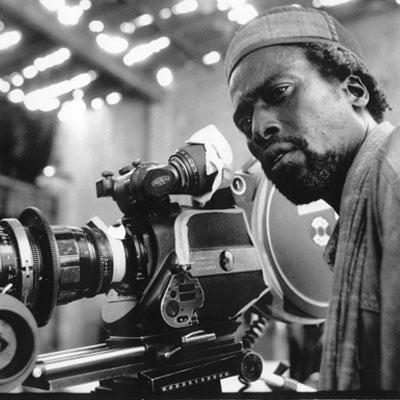I want to make it clear that I do not have a romantic view of humanity. I don’t think we are God’s gift to the planet. In fact, if there was a God I don’t think it would create a species as deranged and undignified as we are. That being said, it is important to state this because one of our only great accomplishments or aspects (“accomplishments” might be too big a word) is our stretch for truth and beauty and understanding in our self-expression. Our art.
I often wonder how difficult it is to create something lasting or worthy if one has a high level of dislike for the human race. I struggle with this every day: my desire to be part of humanity, to help or ignite other homo-sapiens becomes put to the test when I note the present day’s atrocities committed by my fellow brethren and then neurotically re-acknowledge our terrible history on this planet, always coming up short on the side of creation and transcendence despite our maniacal compulsion to thank or make a God as a way of explaining not only our mysteries but the few beautiful contributions and achievements we have made as a species on this particular plot of land hanging in the solar system. (Who knows how greater of an impact the work of a Matisse or a Billie Holiday would be allowed to have in another galaxy?)
*
I will never be a great artist simply because I don’t have one of two essential ingredients: The Talent and the Ability to Forgive Man’s Contempt for His Brother. Talent wise there is nothing I can do, the challenge is to make the best out of what I was given. It is a combination of what you are blessed with; innate vision, craft (technique), discipline, desire, taste, as well as laziness, empathy, stubbornness, and where you fall on the Richter scale between Truth and Appeal.
The notion that man is inherently good, however, or is too ignorant to see what he is doing to himself is one that I never accepted. And even as a young artist, it is a notion I was never fully at home with.
Actors are taught: “You can never play someone you don’t fully respect.” I don’t know if I fully believe that and quite frankly it is a very dangerous idea that one can’t fully render a portrait of another’s soul if they don’t find something within him to “like” thereby demystifying his cruelty (if playing a psychopath or colonialist or pedophile for example) and making him more “human.” What we all refuse to see is that the choices we inherently make as creative artists represents where our hearts lay (“whose side we are on”) and that of the interpretive artists such as an actor or illustrator for a book is actually even a bit deeper if only because of the challenge they are often confronted with: how do I humanize this warped rapist I am playing?
Well now by referencing the term “human” we instantly have a problem. Because it is not as if personification is something we have to do – the subject is a human being why do we need to conscientiously remember that? Would a painter of trees have to constantly remind himself – “that is wood we are seeing, yes, strong resilient bark”? Absolutely not!
But when a Caucasian illustrator needs to prep himself by committing to depict the glorious ‘humanity’ of the African Man we have a problem. He should naturally see us as his fellow human; he should immediately be aware of the fact that we are all composed of positive and negative individual traits. But because he is not endowed with enough intrinsic “awareness,” and not enlightened – he must find a way in. He must work hard to remove the layers of his own self-inflicted racism and brainwashing that his own people have created: mass media. Amiri Baraka wrote that the Africans of many countries once referred to it as the “White Man’s magic.” Indeed, television, newspapers, radio, movies, and now the cosmic terror of the Internet – certainly are. But how did we get in this situation in the first place?
Man – regardless of race – would never have been in this conundrum anyway if he had never created such accouterments of culture which such a draconian hatred for certain members of our species of which he seeks to prey upon, warp, and call upon to enact his most debased desires. Formal slavery was just the tip of the iceberg: the true horror resides in what the European & Arab enslavers were thinking in the first place – and the gross, pervasive, insidious after-effects of such an idea. What I am trying to say is that only a human being could scheme so devilishly, could bring his thinking and feeling into such an unnatural and low state his entire civilization rests upon the destruction of a group or various groups of his own species. This is something Man has willfully created and condoned. Man is not an animal. He is a monster. And I propose we look first for reasons why we shouldn’t hate him when creating depictions and composing our art.
